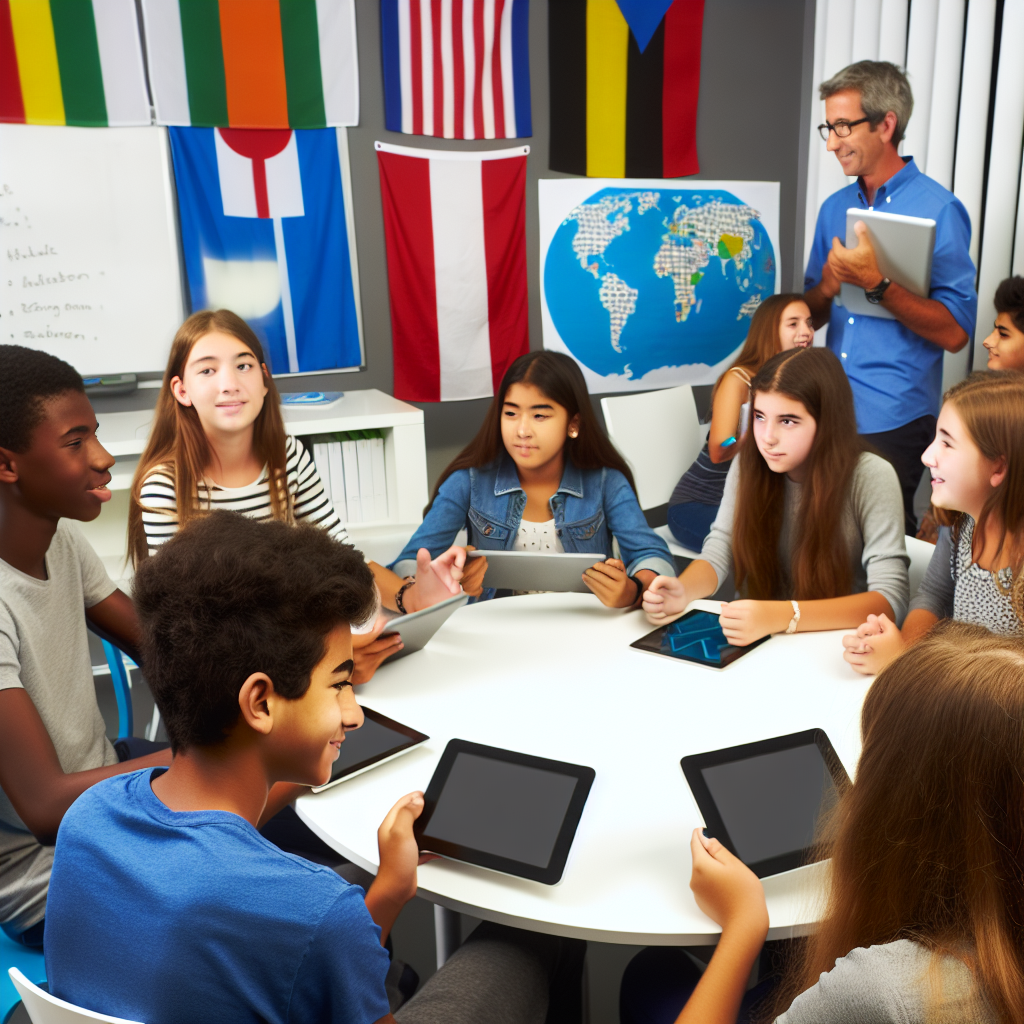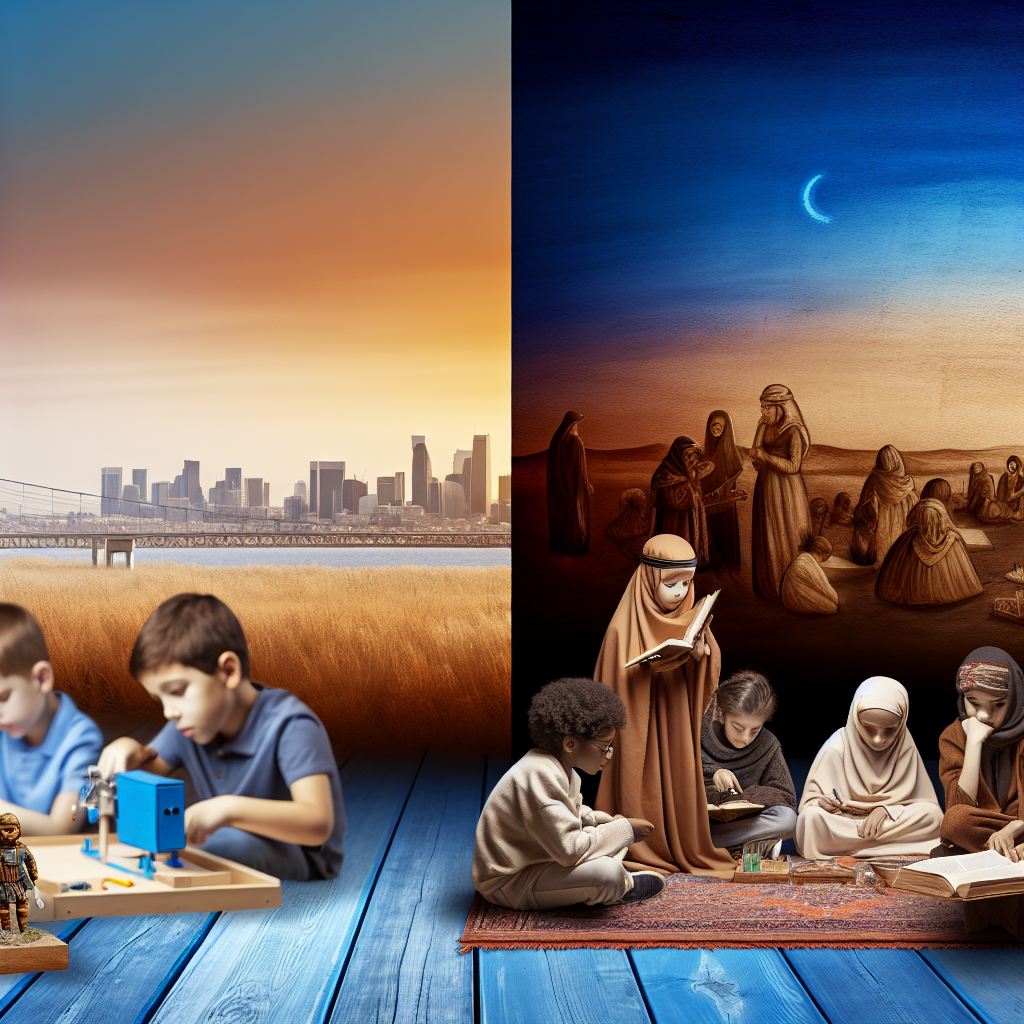Junior Diplomatic Corps: How Elite International Schools Are Training Tomorrow’s Global Leaders
Opening the Gates to Global Leadership in the Classroom
In a world where global borders are increasingly blurred by technology, trade, and culture, the leaders of tomorrow require more than academic excellence—they require **diplomatic prowess**, **cultural fluency**, and **global empathy**. For families of means seeking not just the finest education but a launchpad for global influence, **elite international schools** are stepping up as incubators of a new generation of **globally minded youth**.
These institutions function as **microcosms of international society**, replicating **United Nations-style diplomacy** and integrating **multicultural perspectives** throughout their academic programming. What makes these schools elite isn’t merely the quality of their academics—it’s their commitment to instilling a diplomatic character through applied, real-world experiences.
Students at such schools don’t just learn history and political theory—they actively engage in solving **simulated geopolitical conflicts**, participating in **multilingual debates**, and collaborating on **socio-political startup concepts**. The mission isn’t only to achieve Ivy League acceptance but to produce influential figures such as future **ambassadors**, **foreign service officers**, and **globally literate CEOs**.
Institutions like the International School of Geneva, the Lycée Français Charles de Gaulle in London, and the United World Colleges network have gained reputations for nurturing students in this leadership mold. Their curriculum emphasizes ethical leadership, global stewardship, and **empathy-driven conflict resolution**—qualities that are essential for those destined for influential roles on a global stage.
With rising demand from global families involved in **diplomacy**, **international business**, and **tech entrepreneurship**, elite international schools are becoming a strategic investment in a child’s **future diplomatic currency**. Enrolling in these programs is not just about gaining prestige—it’s about equipping students with the emotional intelligence, cultural literacy, and real-world experience needed to succeed in a world without borders.
The Science of Global Education: Research-Backed Benefits for Youth Leadership
The emergence of **global education models** specially designed to shape leaders is backed by robust educational and psychological research. According to the OECD Global Competency Framework, “Global Competence” is now considered an essential skill. This includes the ability to interpret **intercultural issues**, navigate **cross-cultural negotiations**, and show **empathy across borders**.
In settings where children are exposed to **multilingual environments** and culturally diverse peer groups, they develop enhanced **social cognition**. A study published in the Child Development Journal found that such exposure improves “theory of mind awareness”—a key predictor of emotional intelligence, which is integral in high-stakes diplomacy and leadership.
These insights are not just theoretical. They highlight the neurodevelopmental advantages of a culturally rich education. Students educated in global environments exhibit superior **problem-solving**, **conflict-resolution**, and **strategic planning skills**, preparing them for careers spanning **public policy**, **international law**, and **global business**.
Diplomacy in Training: How International Schools Elevate Youth Through Experience
Elite international schools often integrate the International Baccalaureate (IB) curriculum, lauded for its **holistic**, **inquiry-based learning** model. The IB program isn’t just about academic rigor—it demands a commitment to **community service**, **ethical engagement**, and **cultural introspection**. These components produce students uniquely ready to handle cross-boundary issues with maturity and insight.
In addition, these schools often require participation in programs like **Model United Nations**, international public speaking competitions, and global humanitarian projects, giving students firsthand experience in **diplomatic discourse** and **multilateral decision-making**.
A 2020 survey conducted by Education First revealed that students involved in internationally focused curriculum reported stronger performance in project-based leadership and **interpersonal negotiation skills** than peers educated in nationally bounded systems.
Beyond the classroom, many schools partner with initiatives like the Round Square Schools Global Network and **Global Citizenship Education programs**, designed to immerse students in practical problem-solving across cultural and political divides. Whether it’s performing on-the-ground work with **refugee aid** in Jordan or creating **sustainable development proposals** for underserved communities, these hands-on experiences shape not only perspective—but character.
Shaping the Minds and Characters of Tomorrow’s Ambassadors
Cutting-edge neuroscience supports the notion that **early training in diplomacy**, language, and ethics literally rewires the brain. Studies indicate that these activities stimulate the **prefrontal cortex**, the area responsible for **judgment**, **ethical decision-making**, and **executive function**.
This means students aren’t just acquiring life experience—they’re strengthening the very circuits that will enable them to make complex, strategic decisions in high-pressure global environments. Learning how to de-escalate conflict, assess intercultural nuances, or lead with empathy are all part of a real-world curriculum that blends **leadership preparation** with **neural development**.
Among global elites, this caliber of education offers more than just social capital—it creates individuals who are emotionally literate, ethically focused, and professionally equipped to take on roles in **global diplomacy**, **public leadership**, or **international enterprise**.
Final Word: Investing in a Future of Global Stewardship
The benefits of elite global education extend beyond higher education placement; they are a clear investment in the **development of future world leaders**. As the world grows more complex, the ability to **collaborate across cultures**, think **ethically in global contexts**, and communicate across **linguistic and ideological divides** will become the most sought-after skills.
For discerning families, enrolling their children in elite international schools does far more than secure a bright academic future—it creates a generation capable of **shaping policy**, **leading multinational initiatives**, and **driving change on a global scale**.
For those with vision, this educational journey is not only about academics—it’s about building **ambassadors of empathy**, **architects of diplomacy**, and **champions of cultural understanding**.
References
- OECD Global Competency Framework
- Child Development Journal – Cultural Exposure and Social Cognition
- Education First Global Education Survey 2020
- International Baccalaureate (IB) Programs
- Round Square Schools Global Network

Dominic E. is a passionate filmmaker navigating the exciting intersection of art and science. By day, he delves into the complexities of the human body as a full-time medical writer, meticulously translating intricate medical concepts into accessible and engaging narratives. By night, he explores the boundless realm of cinematic storytelling, crafting narratives that evoke emotion and challenge perspectives. Film Student and Full-time Medical Writer for ContentVendor.com


